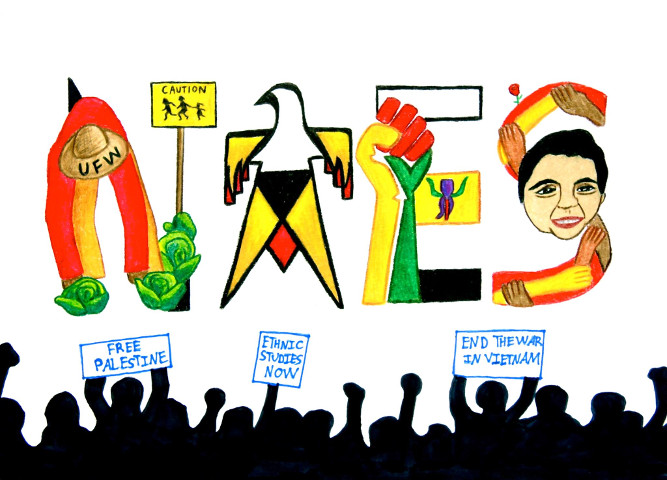Explorations in Ethnic Studies

Orginal Publication Date
1984
Journal Title
Explorations in Ethnic Studies
Volume
7
Issue
ees/vol7/iss2
First Page
11
Last Page
23
Abstract
In 1854 the California State Supreme Court sought to bar all non-Caucasians from equal citizenship and civil rights. The court stated: The word "Black" may include all Negroes, but the term "Negro" does not include all Black persons . . . . We are of the opinion that the words "White," "Negro," "Mulatto" and "Black person," whenever they occur in our constitution . . . must be taken in their generic sense . . . that the words "Black person," in the 14th section must be taken as contra distinguished from White, and necessarily includes all races other than the Caucasian.[1] As convoluted as the quote may be, it tends to express a strong tendency in the history of the United States, toward creating two broad classes of people: white and non-white, citizen and non-citizen (or semi-citizen).
Rights
Copyright, ©EES, The National Association for Ethnic Studies, 1984


